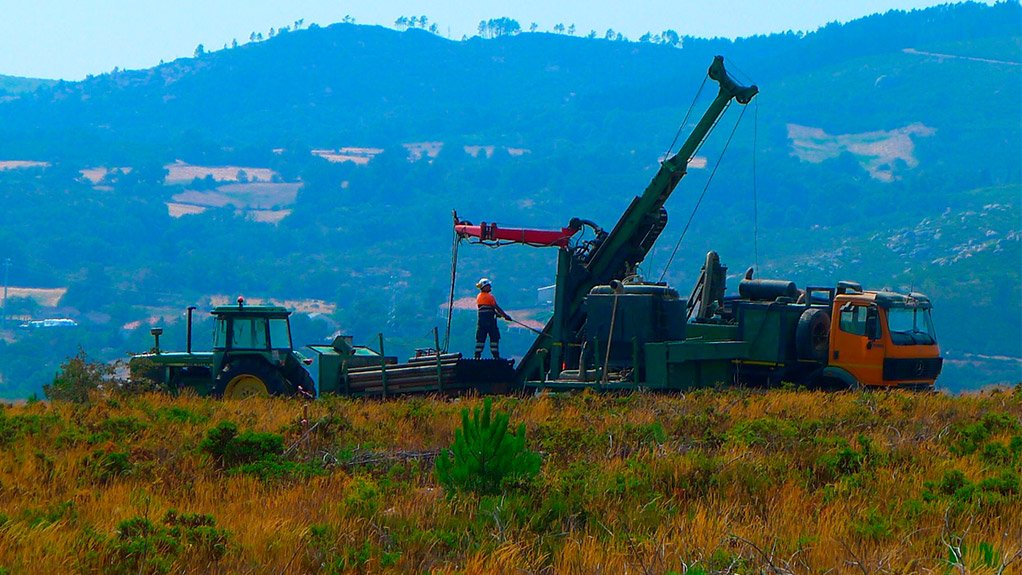JOHANNESBURG (miningweekly.com) – Lithium explorer Dakota Minerals has received the results of metallurgical testwork on material from its Sepeda petalite project, in Portugal, paving the way for the completion of a scoping study in the next two weeks.
Dakota Minerals, which trades on the ASX and Frankfurt Stock Exchange, announced on Monday that initial results from the tests conducted by Dorfner-Anzaplan, in Germany, showed that battery-grade lithium carbonate could be produced from Sepeda material, using industry-standard, conventional methods of calcination, acid baking and leaching. This would allow the company to pursue “off-the-shelf” processing technologies for feasibility studies.
“We expected that petalite from Sepeda, being a lithium aluminium silicate similar to spodumene, was likely to work well with conventional processing technologies. This was our strategic reason for targeting petalite over other, less conventional sources available in Europe. We now have the potential to develop a staged execution with low development risk, producing both exceptionally low iron petalite concentrate for the lucrative technical market, and battery-grade lithium carbonate for the rapidly expanding European battery market,” CEO David Frances commented in a statement.
Dakota sees significant potential for lithium in technical applications, such as the glass and ceramics markets. Demands are often very specific, requiring lithium with low iron concentration to meet specialist end-user requirements.
The company believes its Portuguese deposits of petalite offer economic advantages over the spodumene deposits in Australia and Canada, as they are closer to potential downstream processing locations.
Edited by: Creamer Media Reporter
EMAIL THIS ARTICLE SAVE THIS ARTICLE
ARTICLE ENQUIRY
To subscribe email subscriptions@creamermedia.co.za or click here
To advertise email advertising@creamermedia.co.za or click here













